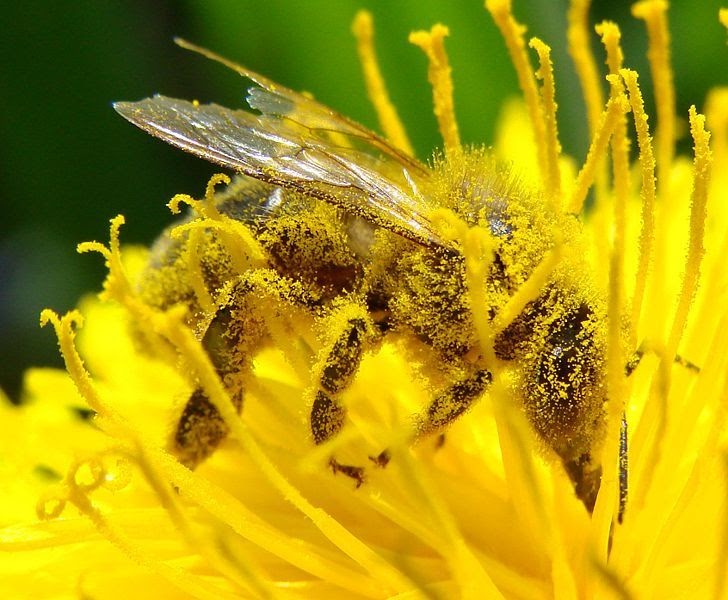Pesticides Are Killing Our Bees
A group of pesticides called neonicotinoids have been causing destruction and killing bees for years, and we need to act now before it’s too late.

Photo by Guerin-Nicolas
- Sign this petition through Food & Water Watch: Demand that the EPA immediately ban neonicotinoid pesticides!
- Be a practitioner and advocate for organic gardening.
- Speak to your city about banning neonicotinoids, tell them some of these cities have already done so.
Simone Kuhfal (she/her) is a member of the Sierra Club Palos Verdes South Bay group, volunteering on zero waste and water issues.
Header photo by Peter Bennett



Add new comment